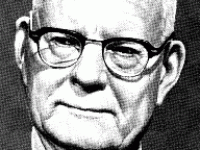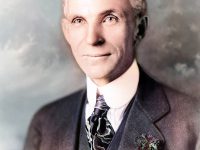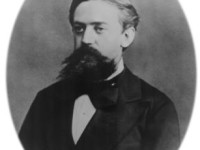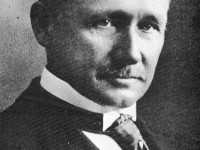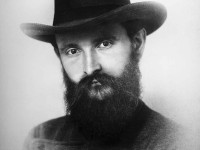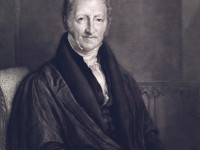William Edwards Deming and Total Quality Management
On October 14, 1900, American engineer, statistician, author, lecturer, and management consultant William Edwards Deming was born. Deming often is referred to as the father of “Total Quality Management.” After World War II, he contributed to Japan‘s economic recovery by recommending statistical methods of quality control in industrial production. His method embraced carefully tallying product defects, examining their causes, correcting the problems, and then tracking the results of these changes on subsequent product…
Read more

